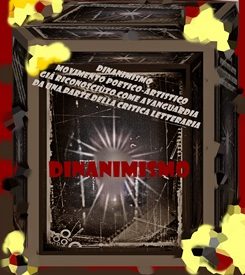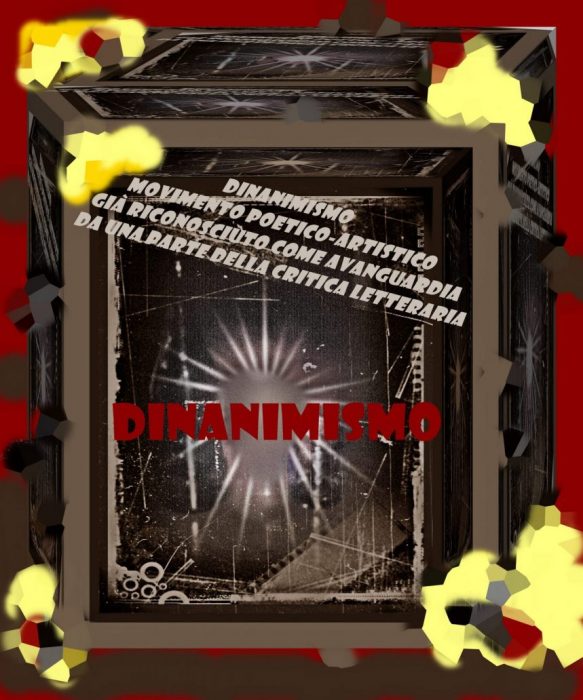“DINANIMISMO”:
The poetic-artistic movement of “Dinanimismo” was created in 2009 by poet and doctor Zairo Ferrante.
This original name was born from the fusion of the words “dynamism” and “soul” (in Italian “Dinamismo” and “Anima”).
From the very beginning, the movement received several mentions from literary critics and was recognised as a poetic-literary avant-garde by some of them.
“Dinanimismo” is mainly active on the web, through an official blog born in 2009 and transferred to this site in 2022.
In these years of activity the movement has collaborated with many Italian literary and artistic avant-gardes.
To date, numerous authors (over 70), both national and international, have decided to support the neo-avant-garde movement, sending and publishing their “works” (poems, essays, paintings, etc.) free of charge on the official pages of the movement.
The distinctive canons of “Dinanimismo” are:
1. Willingness to counteract rampant banality and frivolity
2. Rediscovery of the authenticity and essence of man: instinctive and innate poetry
3. Acceptance of the dynamic aspects of change, becoming and rebirth (poetry is a form of dynamism of the soul too)
4. Propensity to question and explore collective issues and interests (poetry also as a “social” commitment)
5. Modern language in step with the times; clean verses, capable of merging interiority and modernity, also through the use of words and images in line with socio-technological development. Progress understood not as a dehumanising activity but as a propulsive thrust towards the ethical-moral evolution of the entire community.
Poetry as a means to reconnect with the intimate essence of the human soul; a kind of ‘propeller’ (dynanimism) of thought, rather than a sterile stylistic exercise reserved for some literary salon.
The artist, according to “Dinanimismo”, must provoke a revolution of the soul, generating ideas and opinions.
One of the fundamental pillars of the philosophy of “Dinanimismo” is that poetry and art must not ‘give answers’ but must ‘pose questions’, to induce man to reflection.
Reflection is understood as the action and effort necessary for the whole of Humanity to save itself from the ‘dominant thought’ imposed by the media and a ‘liquid’ society, that often puts appearance before Being.
*For information and collaboration please send an email to: libraccio779@gmail.com







